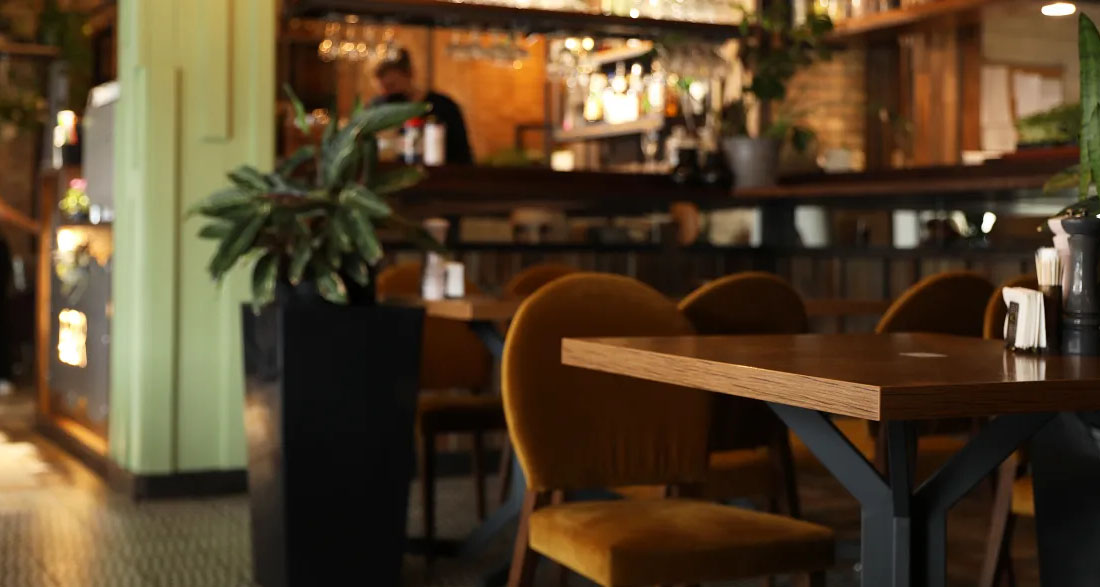A Café, A Rude Mom, and a Lesson in Kindness
My name is Dottie, and I’m 22 years old. I’ve been hard of hearing my whole life, which means some sounds are muffled or distant, but I can still hear a little. My best friend Maya, though? She’s completely deaf. She doesn’t hear anything—not laughter, not music, not even the sound of her own voice. But that’s never stopped us from talking.
Because we don’t just talk—we sign.
And that’s exactly what we were doing one Tuesday afternoon at our favorite café, Rosewood Café, where the smell of cinnamon and fresh coffee always made us feel at home. Maya was already there when I arrived, her hands flying through the air as she told me about her latest baking disaster.
“I swear, Dottie, the dough looked like a science experiment gone wrong!” she signed, laughing.
I grinned. “Maybe baking isn’t your superpower.”
We were deep in conversation when I noticed a little boy at a nearby table, maybe seven or eight years old, watching us with wide, curious eyes. He was fascinated by our signing, his fingers twitching like he wanted to try it himself. I smiled and signed “Hello!” to him.
His face lit up, and he waved his hands excitedly, copying me.
“Aw, he’s adorable!” Maya signed.
But his mother? Not so thrilled.
She was typing furiously on her phone when she suddenly looked up and saw her son mimicking us. Her face twisted into a scowl.
“Stop that!” she snapped, grabbing his hands. “We don’t do that. It’s rude.”
Maya and I exchanged glances. We’d seen this before—people who acted like sign language was something to be ashamed of. But usually, they just ignored us. This woman? She was different.
She kept glaring at us, her lips pressed into a thin line. I could feel the tension building.
“Should we leave?” Maya signed, her movements smaller now, like she was trying to make herself invisible.
“No way,” I signed back firmly. “We have just as much right to be here as anyone else.”
But before I could say anything else, the woman stood up so fast her chair screeched against the floor. She marched over to our table, her son trailing behind her, looking embarrassed.
“Excuse me,” she said in that fake-polite voice people use when they’re about to say something awful. “Could you please stop doing… that?”
I blinked. “Doing what?”
“All that hand-waving!” she snapped. “It’s distracting my son. And frankly, it’s inappropriate in public.”
The café went quiet. Conversations stopped. Even the clinking of coffee cups seemed to pause.
“You mean sign language?” I asked, keeping my voice steady.
“I don’t care what you call it!” she hissed. “It’s disruptive. And it looks aggressive. My son shouldn’t have to see that while he’s trying to eat.”
Maya’s hands froze. I could see the hurt in her eyes.
I took a deep breath. “Actually, this could be a great chance for your son to learn something new. People communicate in different ways, and that’s okay.”
The woman let out a sharp laugh. “Oh, please! Spare me the lecture. This is what’s wrong with the world—everyone wanting special treatment!”
I felt my face grow hot. “Existing isn’t ‘special treatment.’”
She rolled her eyes. “It looks like you’re casting spells or something. It’s weird, and I shouldn’t have to explain to my son why grown women are making a scene in public!”
Her son tugged her sleeve. “Mom, please—”
“Not now, Tyler!” she snapped.
That’s when James, one of the café waiters, stepped in. He’d been watching the whole thing, and now he walked over with a coffee pot in one hand and a firm look on his face.
“Is there a problem here?” he asked calmly.
The woman turned to him, smug. “Yes! These two are causing a disturbance with their hand gestures. You should ask them to stop.”
James didn’t even blink. “Ma’am, the only one causing a disturbance is you.”
Her mouth dropped open. “Excuse me?”
“Sign language isn’t disruptive,” James said, his voice steady. *”It’s how some people communicate. What *is* disruptive is harassing customers for simply having a conversation.”*
I could have hugged him.
The woman’s face turned red. “This is ridiculous! I—”
“This café welcomes everyone,” James interrupted. “Including people who use sign language. If that’s a problem for you, you’re free to leave.”
A few people in the café actually clapped. The woman looked around, stunned, like she couldn’t believe no one was on her side.
“Come on, Tyler,” she muttered, grabbing her purse. “We’re leaving.”
But Tyler didn’t move right away. Instead, he looked up at his mom with big, confused eyes. “Why were you being mean to them? They weren’t hurting anyone.”
His mom ignored him, but Tyler turned to us and—with careful, deliberate movements—signed, “I’m sorry.”
Maya’s face softened. She signed back, “Thank you. You did nothing wrong.”
Tyler grinned. “Can you teach me how to say ‘friend’?”
Maya showed him the sign, and he copied it perfectly. “Friend!” he whispered, proud of himself.
His mom finally dragged him away, but not before he turned back one last time and signed “friend” at us again.
James brought us a plate of warm chocolate chip cookies—on the house. “I’m sorry you had to deal with that,” he said.
“Thank you,” I said, my voice thick with emotion. “You didn’t have to do that.”
He smiled. “Yeah, I did. My brother’s deaf. I know how it feels when people treat him like he doesn’t belong.”
Maya squeezed my hand. “You okay?”
I nodded. “Yeah. More than okay.”
Because in that moment, I realized something important: For every person who tries to make you feel small, there are others who will stand up for you.
And as we left the café that day, I knew one thing for sure—we’d be back next Tuesday.
Same time. Same place.
And we’d keep signing—loud and proud.

